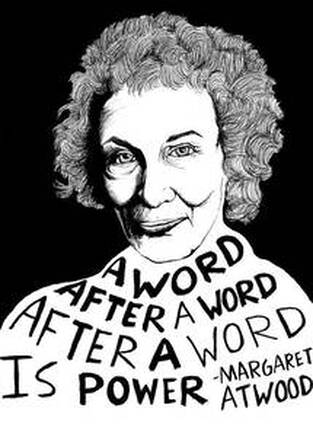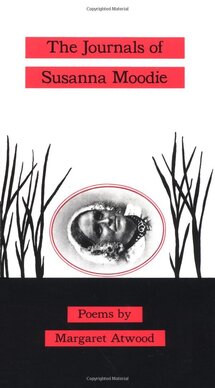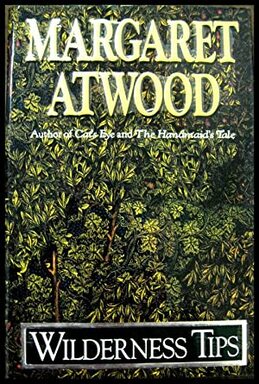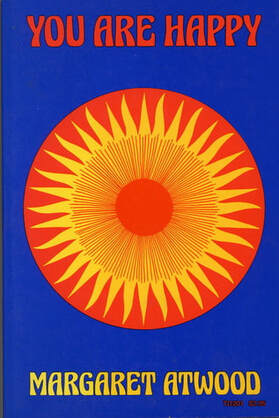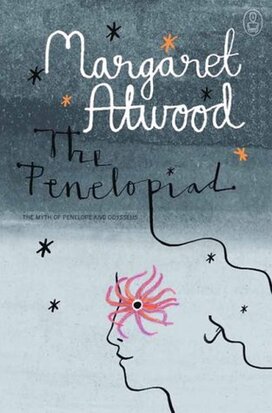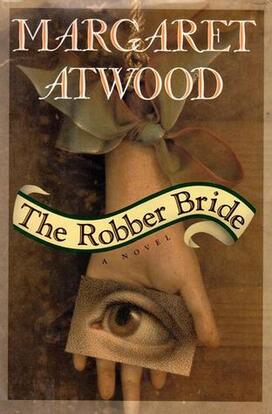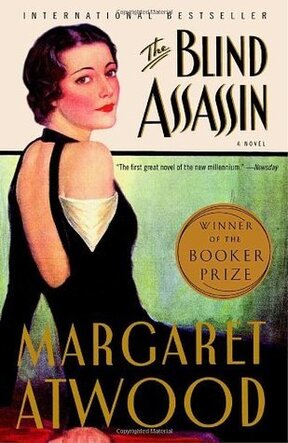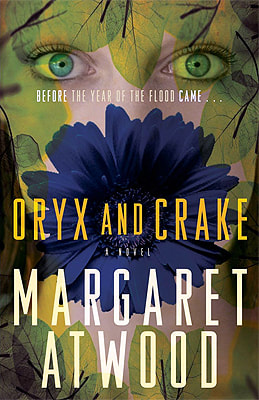Margaret Atwood: Poetry & Fiction
ENG 4200/6200-01 and WGS 4000/6000-01
|
In this course we will explore the works of Anglo-Canadian author, Margaret Atwood (1939–), whose literary influence continues to be of significant interest. In 2017, numerous media, literary, and cultural critics called it “The Year of Atwood” after two of her novels, The Handmaid’s Tale (1986) and Alias Grace (1996), aired as critically praised television series on Hulu and Netflix, respectively. Atwood is a vocal activist within the realms of political, feminist, and environmental issues, and her creative output engages numerous genres, themes, and critical approaches. We will read and discuss a broadly representative range of the Atwood “canon,” including her poetry, short fiction, and novels, as well as the sub-genres of fairy tale, myth, speculative, and historical fiction. The course will be organized around a range of themes and motifs that can be found in Atwood’s work: national identity, wilderness spaces, post/colonialism, language, gender, class, age, sexual politics, vision, survival, violence, trauma, war, environmentalism, and posthumanism. Students should complete this course with not only a grounded knowledge in the extent of Atwood’s creative diversity but also the depth of her political, cultural, and ecological investments.
|
For the first week of class, students should review the recorded video lecture below.
On Thursday (1/13), we will meet on Zoom from 2:00-3:20 for a live lecture on Unit One.
Please fill out the survey asking for feedback on any Covid-19 concerns by Friday (1/14).
On Thursday (1/13), we will meet on Zoom from 2:00-3:20 for a live lecture on Unit One.
Please fill out the survey asking for feedback on any Covid-19 concerns by Friday (1/14).
UNIT ONE: National Identity, Survival, and “Wilderness”
We are reading the first edition of JSM with Atwood's own illustrations; the PowerPoint here provides a facsimile of the later 1997 second edition with illustrations by Charles Pachter, who closely collaborated with Atwood on this project.
UNIT TWO: Gender, War, and Sexual Politics in Myth and Fairy Tale
These are additional readings to supplement your understanding of Atwood's rewriting of myth & fairy tale in her poetry. You are more than welcome to include discussion of these texts in class and/or your critical response or research essay.
UNIT THREE: Trauma and Perspective in Historical Fiction
UNIT FOUR: Environmentalism and Posthumanism in Speculative Fiction
"Thylacine Ragout", "The Animals Reject Their Names...", "Three Novels I Won't Write Soon"
